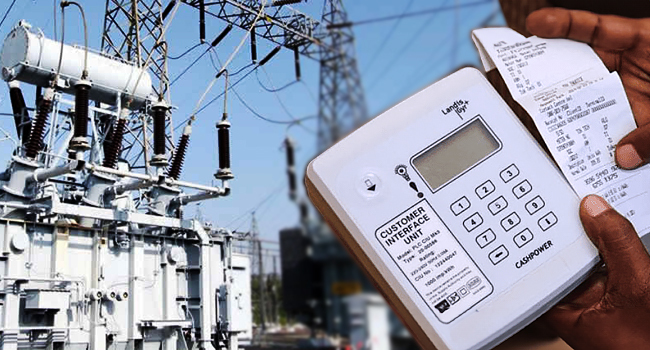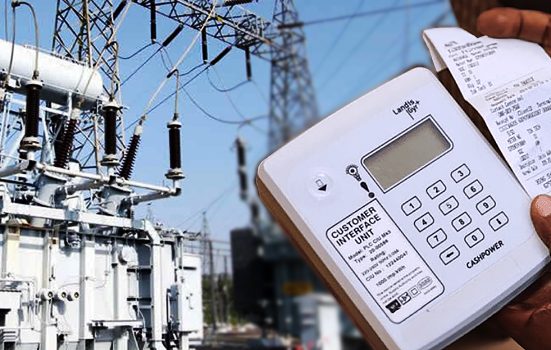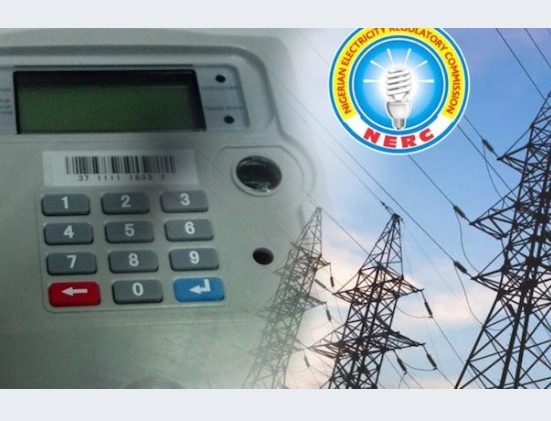ABUJA, July 24, 2025
The face-off between electricity distribution companies (DisCos) and state governments over the recent tariff hike has intensified, as the DisCos have reportedly turned down invitations for dialogue from several state authorities seeking a review of the new electricity pricing framework.
This development follows public outrage in many parts of the country over the revised electricity tariffs introduced earlier this year, particularly under the new band-based structure that has seen higher rates imposed on premium service areas. State governments in Lagos, Kano, Rivers, and others had invited the DisCos operating within their territories to negotiation tables, demanding a re-evaluation of the hikes they say disproportionately burden low- and middle-income earners.
However, insiders close to the Nigerian Governors’ Forum (NGF) disclosed that most of the major DisCos have refused to engage in any form of bilateral dialogue, arguing that tariff matters are federally regulated and fall solely under the jurisdiction of the Nigerian Electricity Regulatory Commission (NERC).
The DisCos maintain that the tariff adjustments are necessary to reflect cost recovery realities, including rising inflation, naira devaluation, and operational inefficiencies inherited from past market distortions. One senior executive at an Abuja-based DisCo insisted that “only NERC has the legal authority to effect or reverse tariffs, not state governments.”
Meanwhile, consumer rights groups and labour unions have thrown their weight behind state governments, calling on the federal government to intervene and mandate an inclusive review process that protects vulnerable citizens from economic shocks.
The stalemate raises broader questions about the decentralisation of power sector regulation and the evolving roles of states under the Electricity Act 2023, which grants them limited authority over electricity distribution within their borders. With tensions escalating, analysts warn that the impasse could trigger civil disobedience or disrupt service delivery in the coming weeks if not addressed.



